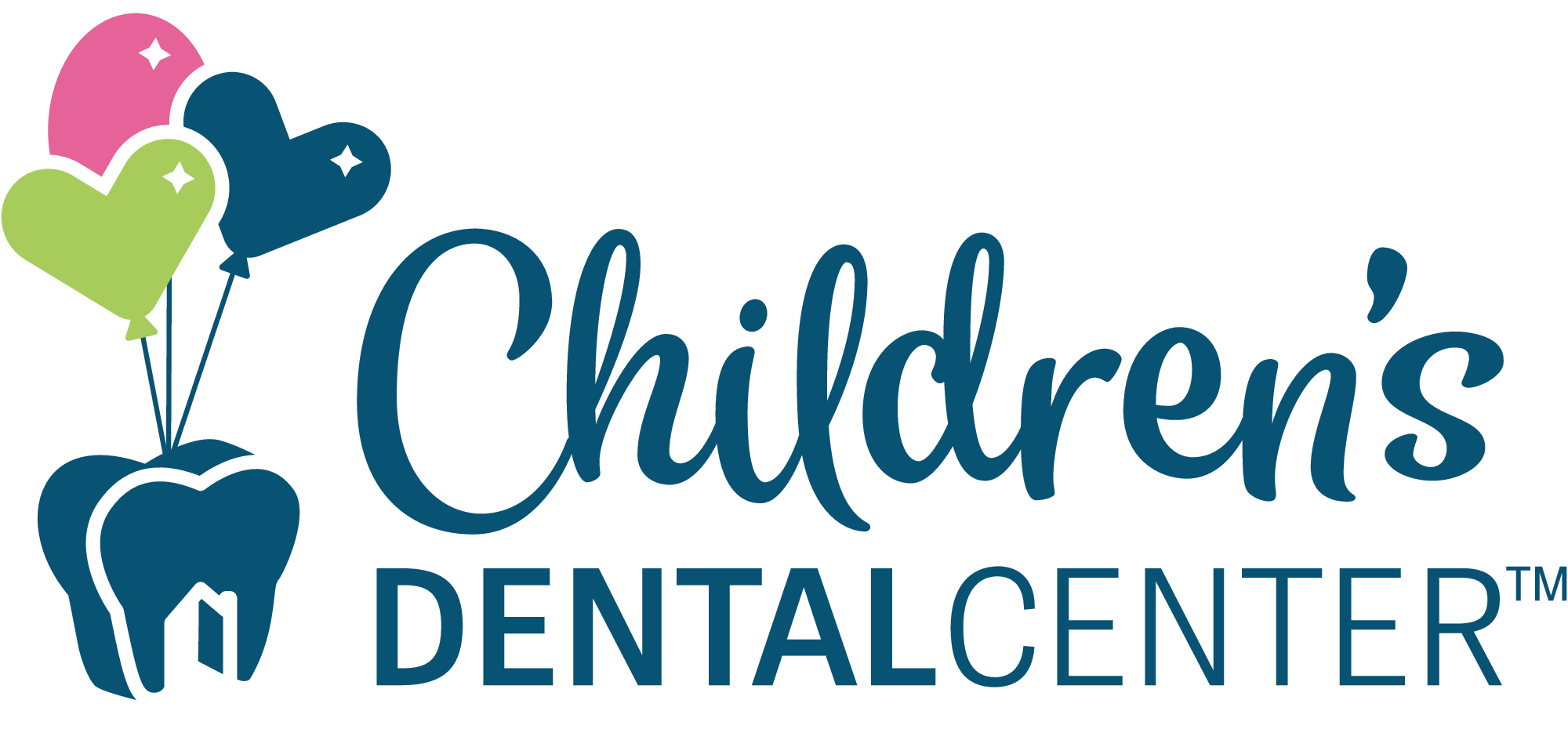Early Dental Care
Learn more about the development of you child's teethTeething
A child’s teeth actually start forming before birth. As early as 4 months of age, the primary or “baby” teeth push through the gums- the lower central incisors are first, then the upper central incisors. The remainder of the 20 primary teeth typically erupt by age 3, but the place and order varies.
Gums can be sore, tender and sometimes irritable until the age of 3. Rubbing sore gums gently with a clean finger, the back of a cold spoon or a cold, wet cloth helps soothe the gums. Teething rings work well, but avoid teething biscuits- they contain sugar that is not good for baby teeth.
Once your child’s teeth have erupted, it is important to monitor them for signs of baby bottle decay. Examine the teeth, especially on the inside or the tongue side, every two weeks for dull spots (whiter than the tooth surface) or lines. A bottle containing anything other than water and left in an infant’s mouth while sleeping can cause decay. This happens because sugar in the liquid mixes with bacteria in dental plaque, forming acids that attack the tooth enamel. Each time a child drinks liquids containing sugar, acids attack the teeth for about 20 minutes. When awake, saliva carries away the liquid, but during sleep, the saliva flow significantly decreases and liquids pool around the child’s teeth for long periods, covering the teeth in acids.
Infant's New Teeth
The primary (baby) teeth play a crucial role in dental development. Without them, a child cannot chew food properly and has difficulty speaking clearly. Primary teeth are vital to development of the jaw and hold space for the permanent (adult) teeth when they replace the primary teeth.
Children and adults are equally susceptible to plaque and gum problems- hence, the need for good brushing habits and regular dental checkups. Since primary teeth guide the permanent teeth into place, it is important to keep those teeth healthy and in place until it is time for them to come out naturally. Children with missing primary teeth may require a space maintainer, a device used to hold the natural space open. Without a space maintainer, the teeth can tilt toward the empty space and cause permanent teeth to come in crooked.
The way your child cares for his/her primary teeth plays a critical role in how he/she treats the permanent teeth. Our goal is to help patients develop good dental habits at a young age in order to provide a healthy smile for life.
Preventing Baby Bottle Tooth Decay
Tooth decay in young children can be minimized or totally prevented by not allowing a bottle or sippy cup with milk or juice when going to bed. Infants that need a bottle to comfortably fall asleep should be given a bottle with water or a pacifier.
Once your child’s teeth have erupted, it is important to monitor them for signs of baby bottle decay. Examine the teeth, especially on the inside or the tongue side, every couple weeks for dull spots (whiter than the tooth surface) or lines. A bottle containing anything other than water and left in an infant’s mouth while sleeping can cause decay. This happens because sugar in the liquid mixes with bacteria in dental plaque, forming acids that attack the tooth enamel. Each time a child drinks liquids containing sugar, acids attack the teeth for about 20 minutes. When awake, saliva carries away the liquid, but during sleep, the saliva flow significantly decreases and liquids pool around the child’s teeth for long periods, covering the teeth in acids.
Please let us know if you notice any signs of decay or anything unusual in your child’s mouth. We are committed to helping parents maintain a healthy smile for their children.
A Child's First Dental Visit
We recommend, along with the ADA and AAPD, that a child’s first dental visit be scheduled around his/her first birthday. Because baby teeth are susceptible to decay the same as permanent teeth, it is important to begin a regular dental routine of brushing and checkups as soon as the teeth appear.
The most important part of the visit is getting to know and becoming comfortable with a doctor, the staff and our office. A pleasant, comfortable first visit builds trust and helps put the child at ease during future dental visits. During the initial visits, we allow the child to sit on a parent’s lap in the exam room during the examination.
Why Primary Teeth Are Important
Primary teeth are important for several reasons. Foremost, good teeth allow a child to eat and maintain good nutrition. Healthy teeth allow for clear pronunciation and speech habits. The self-image that healthy teeth give a child is immeasurable. Primary teeth also save space and guide eruption of the permanent teeth.
Good Diet and Healthy Teeth
The teeth, bones and soft tissue of the mouth require a healthy, well-balanced diet. A variety of foods from the five food groups helps minimize cavities and other dental problems. Most snacks that children eat contain sugar which can cause cavities. Children should be encouraged to eat healthy foods like vegetables, low-fat yogurt and cheeses, which promote strong teeth. We discourage giving children fruit juices, sodas and sports drinks which are linked to tooth decay.
